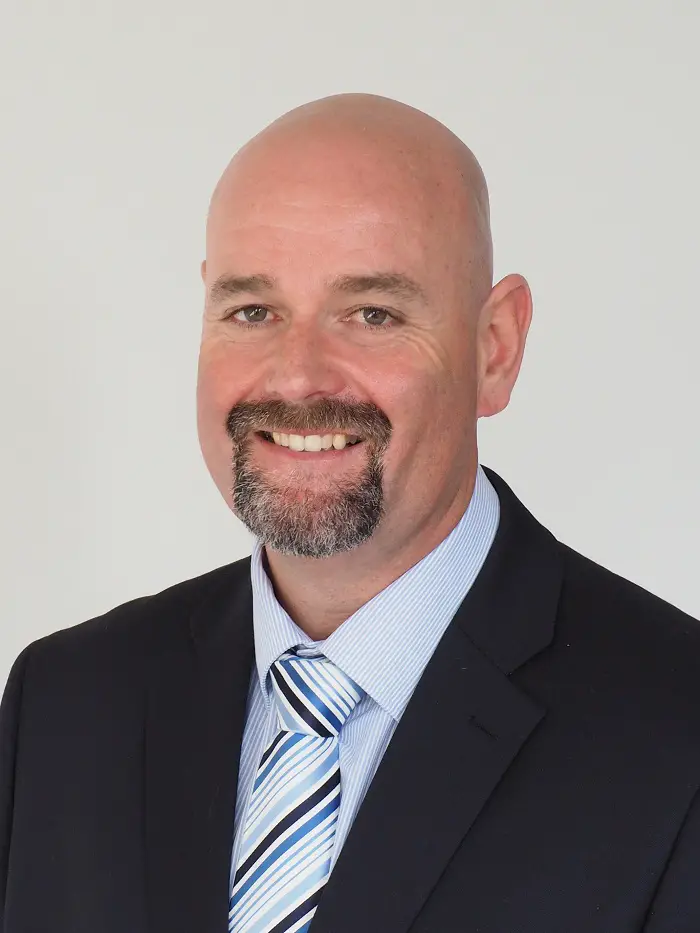Exclusive Interview with Andrew Lee, Sales Director, Sharp Electronics GmbH. Sharp has been driven by originality. Starting with our founder Tokuji Hayakawa and his spirit of sincerity and creativity, it’s the force that still drives Sharp today.
How do you see the African Solar Panel market?
The potential for high quality PV systems in Africa is very large, there are few areas on earth that have such consistent and excellent solar Irradiation all year round. Given the pressing need for security of supply and the requirement to increase the access to a stable electricity supply with the ability to rapidly scale up makes PV the ideal solution.
As solar is a modular system it allows for both on grid and off grid application in both commercial or rural settings and can be up-scaled to meet the customer growing needs or when finances allow.
As fossil fuels become more expensive and with the falling costs of PV and BOS both for a small and utility scale installations will be a key market driver in countries where a regulatory has been put in place.
Why should Africa embrace Solar Panels as an ideal energy saving solution?
PV helps to become more independent from hydropower, which is important in many countries due to longer dry seasons.
Another advantage, PV can cover the high demand for a reliable electricity supply among all segments: off-grid and on grid, mini-grids, residential, commercial and utility scale plants.
With the installation of more and more PV systems Africa has a chance to do it better than western countries and build up an environmental friendly and reliable energy supply to bolster energy security and support rapid economic growth in a sustainable manner.
Another important aspect are the current grid connection charges in sub-Saharan Africa, which are among the highest in the world relative to income. So High grid-connection charges can make PV systems very attractive even in areas served by the grid.
Business wise Africa offers a huge market for Diesel/PV Hybrid systems due to the immense number of diesel generators in use in many African countries.
This can help to reduce Diesel costs and become more independent from sometimes unreliable Diesel supply.
What are the challenges in the African market in terms installation, operation and maintenance?
In general the lack of access to financing and the cost of capital and the inadequate supply of infrastructure are the most problematic factors for doing business in Africa, It doesn’t matter which business.
Besides, you have to overcome far distances which is hard enough and even harder with the given poor infrastructure.
Limited well trained local stuff and the right networkers/supporters on the ground is an obstacle (but depends on the country. SA has a very strong civil engineering sector)
Grid limitations is challenging, it’s especially an obstacle for grid utility scale projects.
Additionally, the currency risk also matters for projects with foreign investment.
Missing appropriate government policy/regulatory framework makes a professional installation, operation and maintenance of PV sometimes hard or even impossible.
The uniqueness of each country in terms of electricity supply, religion, culture, business behavior and others is also a challenge to face.
What can be done to overcome these challenges?
Regarding the lack of financing there are some good news to mention as Africa started to present flexible business models to make things happen. For example “pay as you go” or “fee for service” model. Anyway, next to the access of financing cost of capital will always influence business decisions.
Good professional local stuff will come with more and more market development and investments.
Own responsibility is important, prepare your business in the best way and do a Due diligence of each country before starting business there.
How is the future looking for Solar Panels in Africa?
Bright, as the increasing demand will pave the way supported by flexible business models, falling costs for modules as well as for BOS and a growing framework of reliable regulatory.
Andrew Lee was born and lived in Zimbabwe for 28 years

Leave a Reply